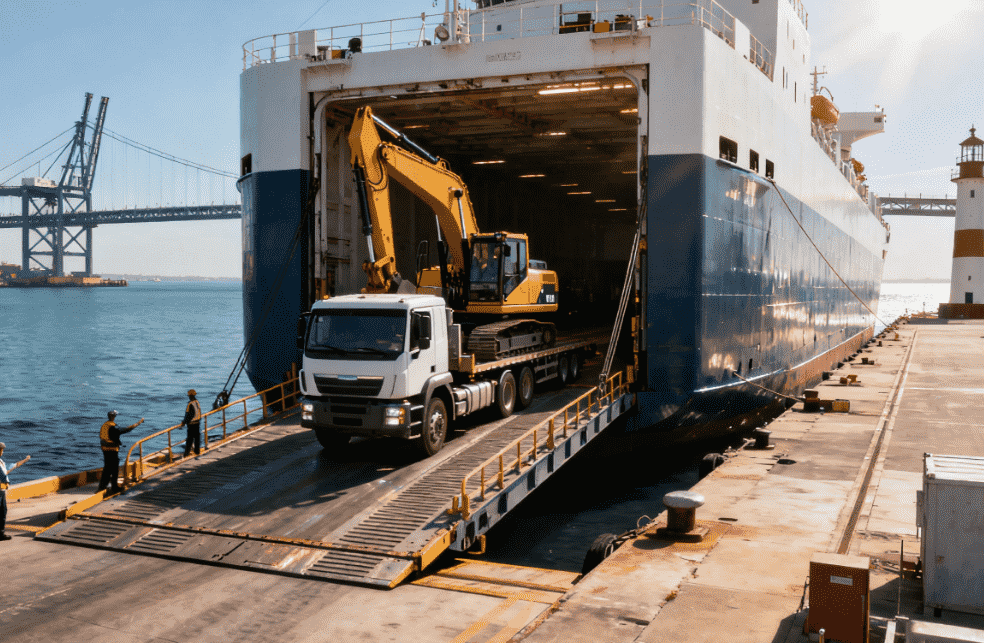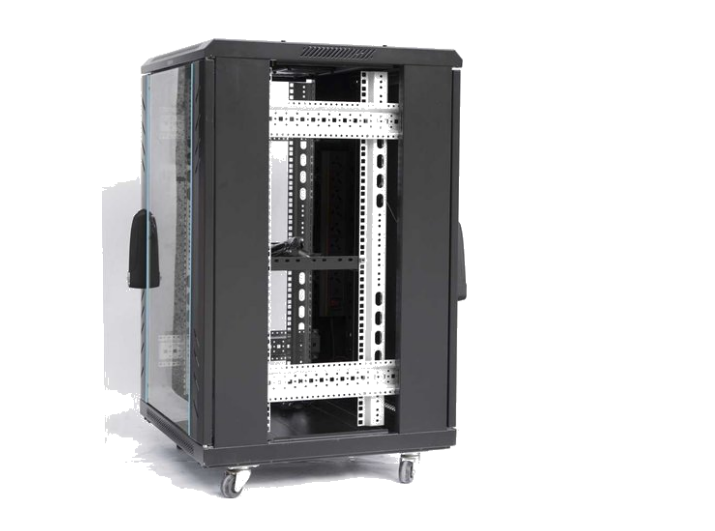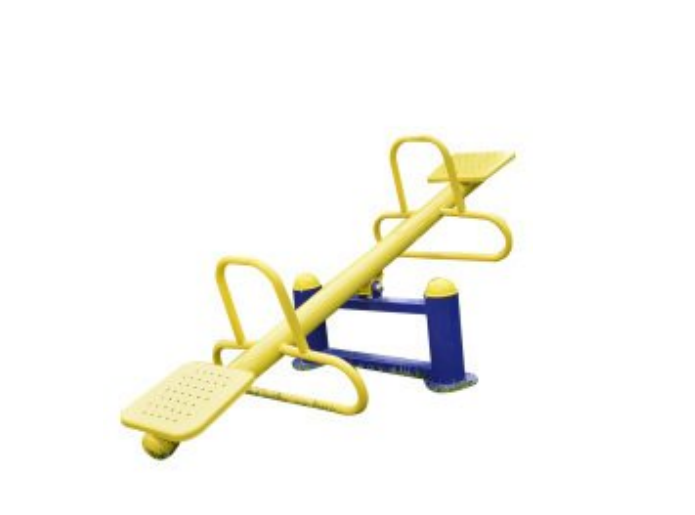
The global trade landscape continues to evolve, with China and Cameroon emerging as key players in cross-border commerce. For businesses seeking efficient, reliable, and cost-effective logistics solutions from China to Cameroon, understanding the complexities of international shipping is critical. As a trusted cargo agent and freight service provider, Winsail Logistics specializes in bridging the gap between manufacturers in China and importers in Cameroon. This blog explores the nuances of shipping between these two nations, highlighting how tailored freight services can streamline operations and drive success.
1. The Growing Trade Corridor Between China and Cameroon
China’s role as a manufacturing powerhouse and Cameroon’s strategic position as a gateway to Central and West Africa have fueled bilateral trade growth. From electronics and textiles to machinery and consumer goods, Chinese exports to Cameroon have surged in recent years. However, navigating the logistics of this corridor—spanning over 12,000 kilometers—requires expertise in customs regulations, transportation modes, and risk management.
Key Challenges:
- Customs Compliance: Cameroon’s import policies, including documentation requirements and duty calculations, demand precision.
- Infrastructure Variability: Port congestion in Douala and Yaoundé, coupled with inland transportation bottlenecks, can delay shipments.
- Cost Optimization: Balancing speed, reliability, and affordability remains a priority for businesses of all sizes.
To overcome these hurdles, partnering with a seasoned cargo agent like Winsail Logistics ensures compliance, efficiency, and transparency throughout the shipping journey.
2. Tailored Logistics Solutions From China to Cameroon
A successful shipping strategy hinges on selecting the right freight service based on cargo type, urgency, and budget. Here’s how businesses can optimize their logistics:
A. Air Freight: Speed for Time-Sensitive Shipments
For high-value or perishable goods, air freight offers unmatched speed. Direct flights from major Chinese hubs (e.g., Guangzhou, Shanghai) to Douala International Airport reduce transit times to 3–5 days. While costlier than sea freight, air transport minimizes inventory holding costs and accelerates market entry.
Ideal For:
- Electronics and tech gadgets.
- Pharmaceuticals and medical supplies.
- Seasonal fashion items.
B. Sea Freight: Cost-Effective Bulk Shipping
Sea freight remains the backbone of China-Cameroon trade, accounting for over 70% of total cargo volume. Containers from ports like Shenzhen and Tianjin arrive at Douala’s Autonomous Port, with transit times averaging 25–35 days.
Key Considerations:
- Full Container Load (FCL): Best for large shipments to avoid sharing space.
- Less Than Container Load (LCL): Cost-efficient for smaller quantities but requires careful consolidation.
- Refrigerated Containers: Essential for temperature-sensitive goods like food products.
C. Multimodal Solutions: Balancing Speed and Cost
Combining air and sea freight—or integrating rail and trucking—can optimize delivery timelines. For instance, shipping via sea to a neighboring country (e.g., Nigeria) and then transporting goods overland to Cameroon may reduce costs for inland destinations.
3. The Role of a Trusted Cargo Agent
A cargo agent acts as a liaison between shippers and carriers, managing documentation, customs clearance, and risk mitigation. Here’s why their expertise is indispensable:
A. Customs Brokerage and Compliance
Cameroon’s customs authority, ANOR (Agence Nationale des Réglementations), enforces strict import rules. A competent agent ensures:
- Accurate classification of goods under HS codes.
- Preparation of bills of lading, commercial invoices, and certificates of origin.
- Compliance with Cameroon’s Value-Added Tax (VAT) and import duties.
B. Documentation and Legal Support
Missing or incorrect paperwork can lead to fines or shipment delays. Agents handle:
- Phytosanitary certificates for agricultural products.
- Quality inspection reports (e.g., SGS certificates).
- Letters of credit and banking documentation.
C. Risk Management and Insurance
Cargo agents advise on insurance options to protect against theft, damage, or natural disasters. They also monitor political stability in transit regions to preempt disruptions.

4. Freight Service Innovations for China-Cameroon Trade
Advancements in technology and sustainability are reshaping freight services. Key trends include:
A. Digital Freight Platforms
Real-time tracking systems and AI-driven route optimization tools enhance visibility. Shippers can monitor container status, estimate arrival times, and adjust plans proactively.
B. Sustainable Shipping Practices
Eco-friendly logistics solutions, such as low-sulfur fuel and carbon offset programs, align with global sustainability goals. Businesses can reduce their environmental footprint while meeting Cameroon’s green import policies.
C. Last-Mile Delivery Networks
Partnering with local Cameroonian logistics firms ensures efficient distribution to cities like Yaoundé, Bamenda, and Limbe. Hybrid models combining motorbikes, trucks, and drones are emerging in urban areas.
5. Case Study: Streamlining Electronics Shipping
A Chinese electronics manufacturer faced recurring delays when shipping to Cameroon due to incomplete documentation. By engaging a cargo agent specializing in tech goods, they:
- Reduced customs clearance time by 40% through pre-verified paperwork.
- Cut freight costs by 15% via optimized LCL consolidation.
- Achieved 98% on-time delivery using a multimodal air-sea strategy.
This case underscores the value of expertise in logistics solutions tailored to industry-specific needs.
6. Choosing the Right Freight Service Provider
Selecting a partner for China-Cameroon shipping requires evaluating:
- Experience: Proven track record in handling Cameroon-bound cargo.
- Network: Strong relationships with carriers, ports, and inland transporters.
- Technology: Digital tools for transparency and efficiency.
- Customer Support: 24/7 availability to address emergencies.
Winsail Logistics exemplifies these qualities, offering end-to-end logistics solutions that prioritize reliability and cost-effectiveness.
7. Future Trends in China-Cameroon Logistics
The logistics sector is poised for transformation, driven by:
- Blockchain: Enhancing supply chain transparency and reducing fraud.
- Automation: AI-powered warehouses and autonomous vehicles for faster sorting.
- Regional Trade Agreements: The African Continental Free Trade Area (AfCFTA) may simplify cross-border trade.
Businesses that adapt to these changes will gain a competitive edge in the Cameroonian market.
Conclusion: Partnering for Success
Shipping from China to Cameroon demands strategic planning, regulatory knowledge, and operational agility. By leveraging tailored logistics solutions, businesses can mitigate risks, reduce costs, and accelerate growth. Whether through air freight, sea freight, or multimodal strategies, the right cargo agent and freight service provider can turn logistical challenges into opportunities.
For companies seeking a trusted ally in this dynamic corridor, exploring partnerships with experts like Winsail Logistics ensures seamless execution. Visit https://www.winsaillogistics.com to discover how customized logistics can empower your China-Cameroon supply chain.
-
 Door to Door by Ocean Freight Pull the Cart from China to Dubai2025-10-16
Door to Door by Ocean Freight Pull the Cart from China to Dubai2025-10-16 -
 Door to Door by Air Freight Second-hand Samsung Mobile Phones from Hongkong to Lagos2025-10-15
Door to Door by Air Freight Second-hand Samsung Mobile Phones from Hongkong to Lagos2025-10-15 -
 Air Freight Fabric from Shanghai to Dammam2025-10-13
Air Freight Fabric from Shanghai to Dammam2025-10-13 -
 Door To Door By Ocean Freight Fuel Filter From Guangzhou To Jebel Ali2025-10-11
Door To Door By Ocean Freight Fuel Filter From Guangzhou To Jebel Ali2025-10-11 -
 Ocean Freight Service Network Cabinet From Tianjin To Jeddah2025-10-10
Ocean Freight Service Network Cabinet From Tianjin To Jeddah2025-10-10 -
 Door To Door By Ocean Freight Playground Equipment From Shekou to jebel Ali2025-10-09
Door To Door By Ocean Freight Playground Equipment From Shekou to jebel Ali2025-10-09

